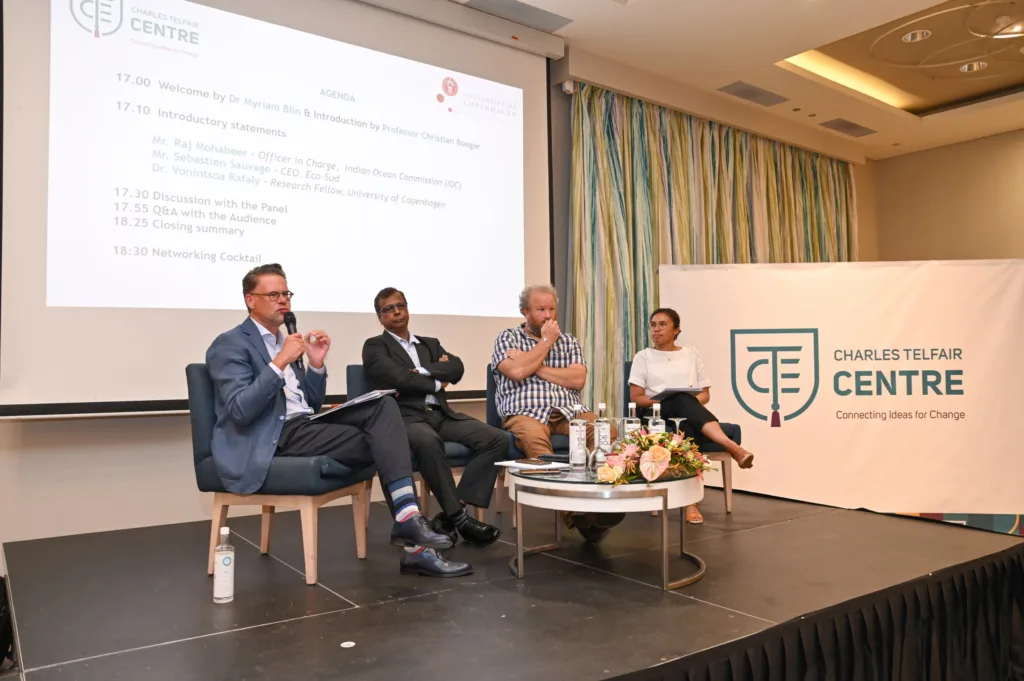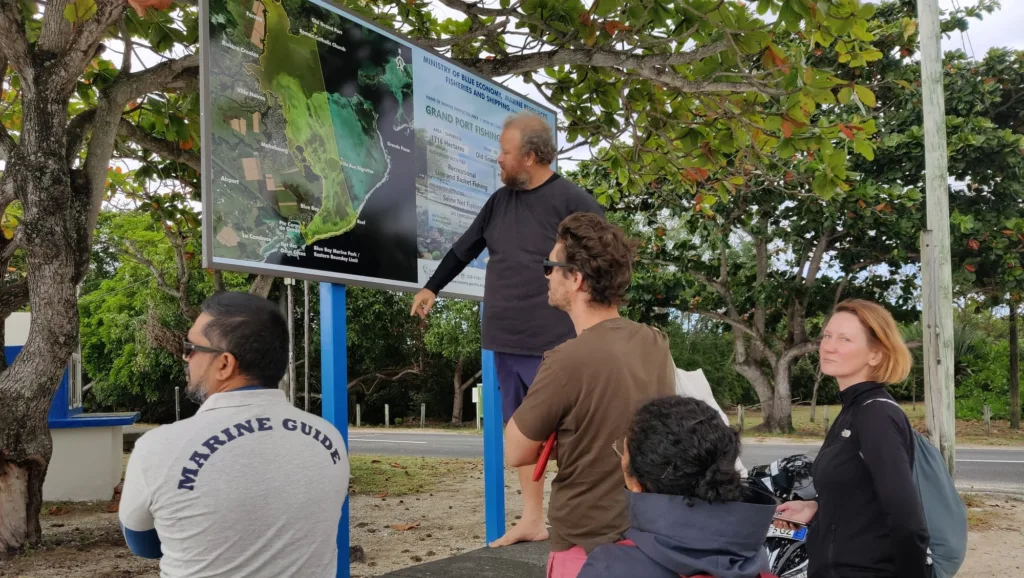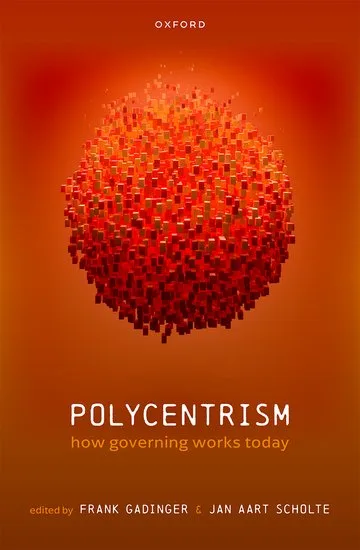From the 29th of August to the 3rd of September I had the pleasure to attend the American Political Science Association (APSA) annual conference. It had been almost ten year since I attend this conference last, and my primary motivator to attend, was to increase my understanding of where the American political science debate is drifting. The gap between European and U.S. discourses has been growing over the years and it is time to build better bridges again.
While U.S. research is strong in the ways it is methods driven and scholars engage in deep empirical work, conceptual thinking and reflexivity often seems to get less attention. In Europe one can observe the opposite trend: Much focus on concepts and theorizing, less attention to empirical depth.
At the conference I participated in a panel on infrastructures, presenting our collective work in the Ocean Infrastructure research group. A key take away point from the discussion was that the concept of infrastructure, can be an important vehicle to bridge the transatlantic divide.


